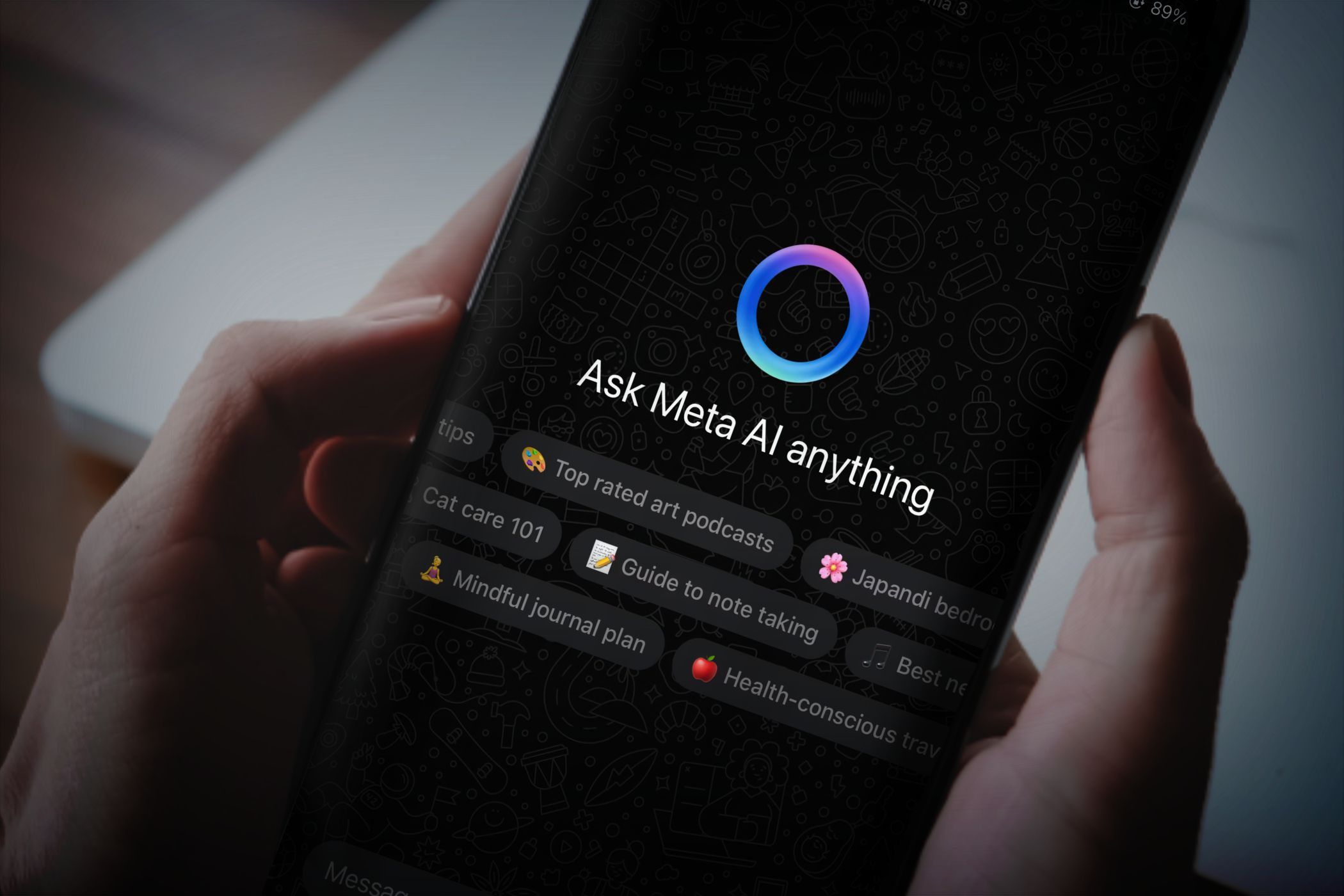5 Reasons I Choose Not to Use WhatsApp’s Meta AI Button Despite Its Convenience

The Impact of Meta’s AI Integration in WhatsApp
Meta’s introduction of an AI button in WhatsApp signals a new feature that aims to enhance user experience. However, many users have mixed feelings about this addition, raising valid concerns about its impact on the app’s popular minimalistic design, privacy, and the overall communication experience.
1. Increased Clutter in an Otherwise Simple Interface
WhatsApp has always been known for its clean and straightforward layout, making it user-friendly and efficient for messaging. However, the new AI button disrupts this simplicity, introducing an additional element that may overwhelm users. The button, with its noticeable light-blue glow, draws attention and can easily be perceived as unnecessary clutter.
- How the Clutter Affects Users:
- Users find it distracting, especially if they’re not interested in utilizing AI features.
- The addition of more buttons and features can detract from the original appeal of WhatsApp, which is its straightforward messaging experience.
2. Lack of Customization Options
One significant drawback of the Meta AI button is the inability to remove or disable it. Unlike other applications that allow users to tailor their features, WhatsApp currently doesn’t provide an option for users to hide the AI button.
- Concerns About Being Forced to Accept Features:
- Users feel that they have no choice but to adapt to changes they did not request.
- The presence of this button takes away from the user’s control over their messaging environment, leading to frustration.
3. Mixing Human Communication with AI
WhatsApp has been celebrated for its commitment to genuine human interactions. The introduction of AI into this space raises questions about the future of conversations within the app. The AI can be tagged in group chats just like a real person, blurring the lines between human and bot communication.
- Potential Impact on User Experience:
- The AI’s presence might confuse users who may not realize they are interacting with a bot.
- There are concerns about the gradual integration of more AI features into user chats, potentially shifting conversations away from genuine human interactions.
4. Privacy and Data Security Concerns
Another major concern for users revolves around privacy and data security. Although Meta asserts that WhatsApp messages remain end-to-end encrypted, the use of AI invites concerns regarding data collection. When interacting with the AI, user prompts could be utilized to train AI models, leading to potential misuse of personal information.
- Implications of Data Collection:
- The presence of AI could lead to the collection of user data, which users may not be comfortable with.
- Even if the data is anonymized, concerns remain about how it could be used for marketing or other purposes.
5. The Need for Opt-In Features
Many users prefer to have control over when and how they engage with AI tools. There are numerous AI applications available, allowing users to choose when to use them without the pressure of unwanted features cluttering their most personal applications.
- Benefits of Opt-In Features:
- Users can select tools that suit their needs without them being forced into an integrated experience.
- Clear boundaries can enhance user comfort and privacy, fostering a positive interaction with technology.
Meta’s decision to add an AI button to WhatsApp has ignited discussion among users about the balance between innovation and user autonomy. There is a strong desire for features that enhance functionality while ensuring users remain in control of their apps.






